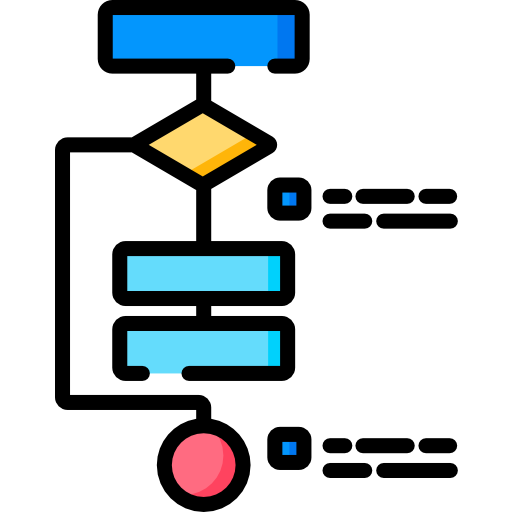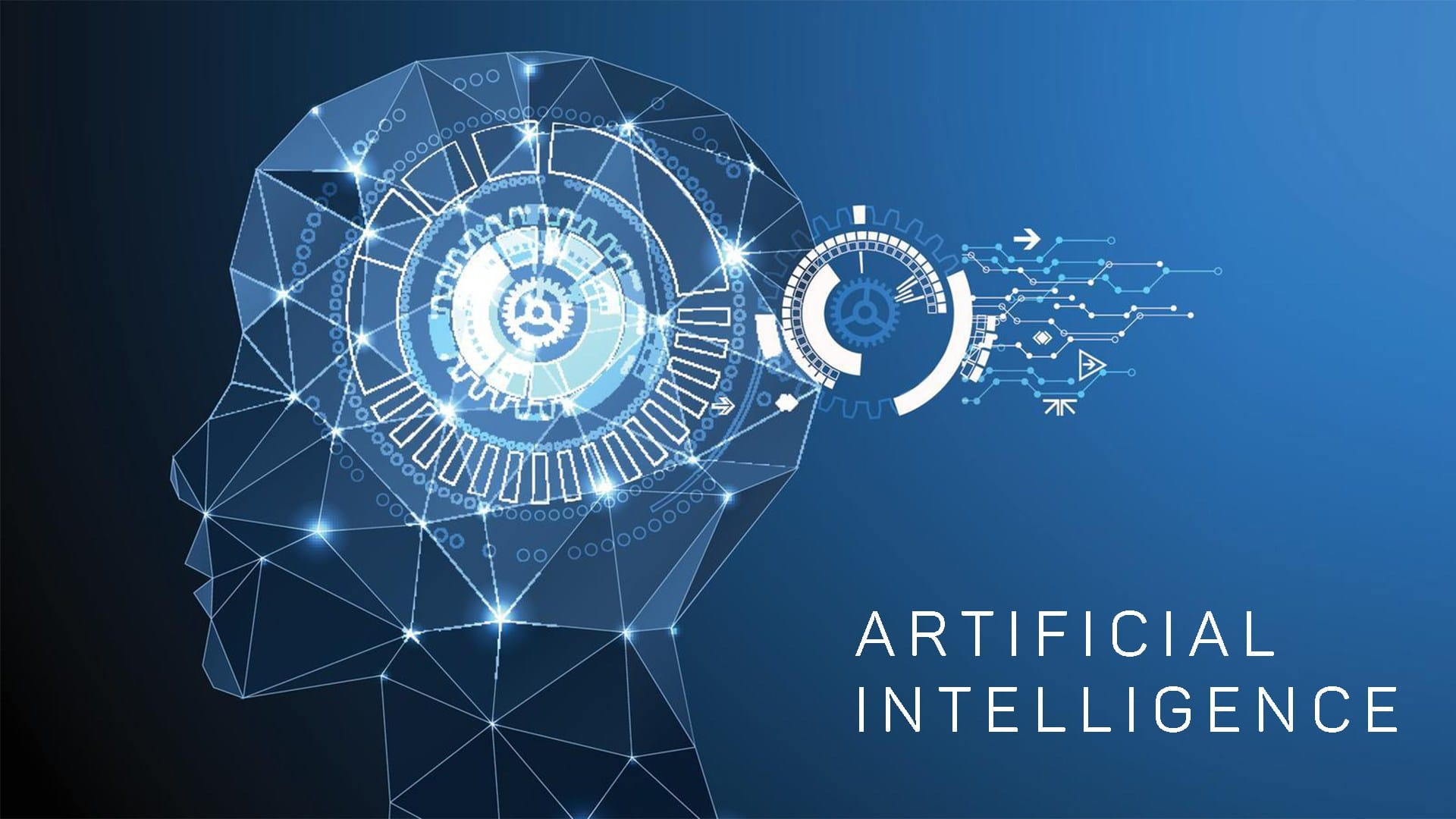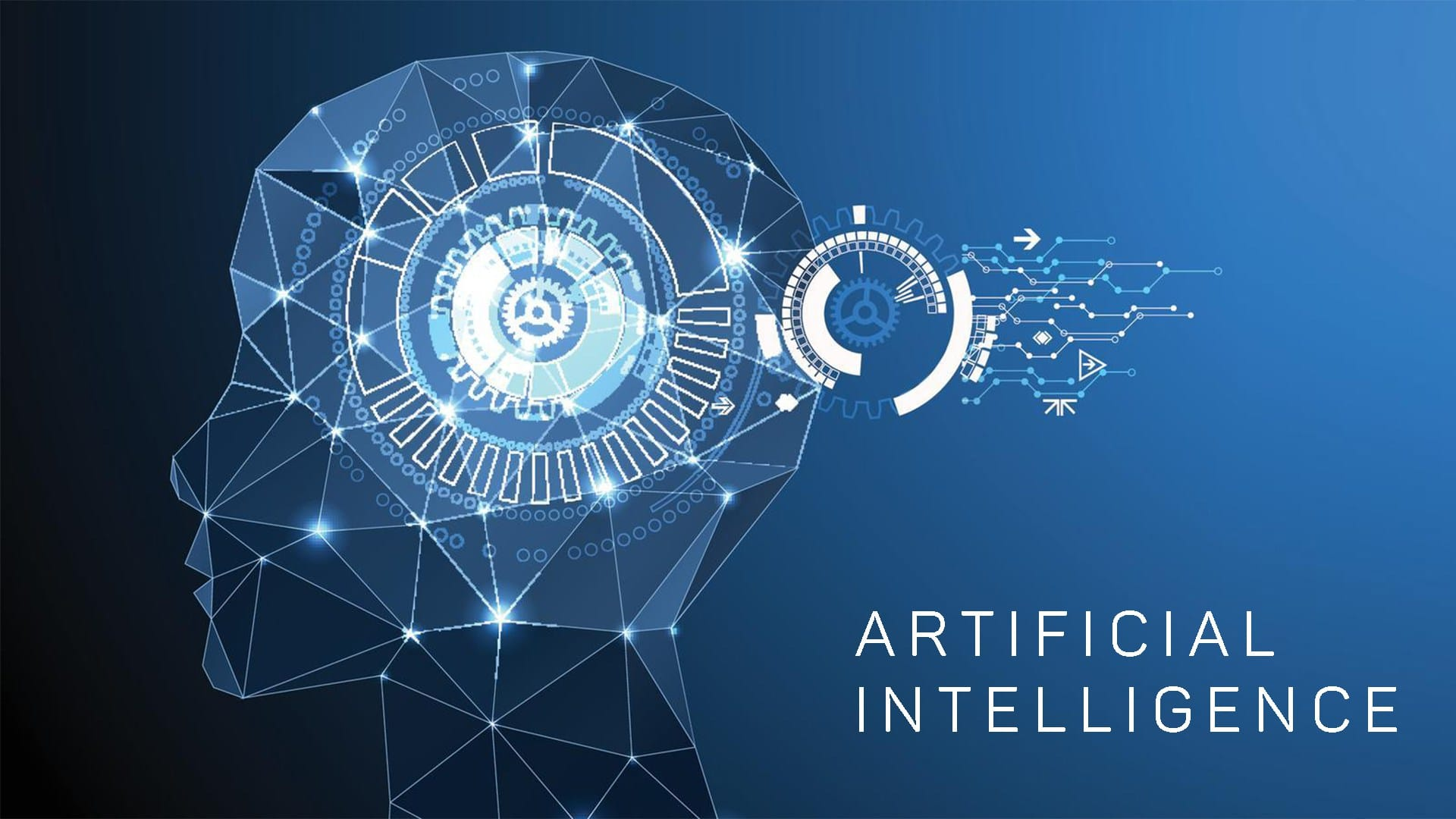- Enseignant: Gestionnaire Moodle

An algorithm is a finite sequence of elementary operations constituting a scheme for calculating or solving a problem. Historically, the word "algorithm" comes from the Latin form (Algorismus) of the name of the Arab mathematician AL-KHWARIZM.
This course entitled “Advanced Algorithmics” allows you to acquire the necessary concepts to analyze and classify problems in different fields.
The course is divided into a set of learning units which allow you to construct the solution(s), evaluate the different solutions in terms of complexity calculation and choose the best solution.
It also allows you to analyze sorting algorithms, graph algorithms, trees, hashing and text algorithms.
- Dr.: Noureddine Amraoui
Knowledge representation and reasoning is the area of Artificial Intelli-
gence (AI) concerned with how knowledge can be represented symboli-
cally and manipulated in an automated way by reasoning programs. More
informally, it is the part of AI that is concerned with thinking, and how
thinking contributes to intelligent behavior.

On s’intéressera aux Systèmes de gestion de base de données (SGBD), les BD objets-relationnels puis
purement objets et les bases de données réparties (BDR). L’évaluation des requêtes dans oracle en
appliquant SQL3. Ce module comporte Les chapitres suivants :
- Principe des SGBD avec rappel sur le modèle relationnel, SQL et le langage algébrique.
- Les Bases de Données Objets relationnels BDOBR
- Les Bases de Données orientées Objets
- SQL3
Etude de nouveaux modèles de données, principalement le modèle relationnel objet (intégration du concept objet dans les bases de données).
This course is a first-year of Master degree (AI). Emphasis is placed
on fundamental algorithms and advanced methods of algorithmic design,
analysis, and implementation. Subjects to be covered include basices of
algorithms, analysing algorithms which include how to calculate
complexity and classification of problems, data structures, recursions
methods, and other advanceds algorithms such as sorting, graphs,
hashage, text...etc.

Ce cours a pour objectif d'étudier les principales approches développées en intelligence artificielle afin de représenter les connaissances incertaines et de modéliser les modes de raisonnement sur ces connaissances.Maîtriser les formalismes de représentation des connaissances dans un cadre certain, incertain, vague, ambiguë, incomplet ou flou.
- Enseignant: Mustapha Bourahla

- Situer l'Intelligence Artificielle en tant que discipline scientifique
- Maîtriser les concepts de base de I 'intelligence artificielle
- Connaître les méthodes de représentation des connaissances
- Avoir un aperçu des approches pour la résolution de problèmes en IA
- Enseignant: Mustapha Bourahla

Ce cours présente des concepts issus de deux grands domaines scientifiques et techniques : la Science des Données et des Big Data d’une part, et le calcul parallèle, ou High Performance Computing (HPC), qui requiert l’utilisation de technologies et de méthodes analytiques spécifiques d’autre part.
Ce cours est destiné aux étudiants de la Première année Master Professionnel; Intelligence Artificielle (IA).
